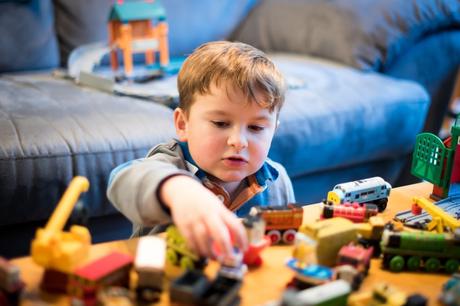
No one's childhood was quite complete without a toy. Whether it was a teddy bear, a stuffed dinosaur, a Barbie doll, or even the multicolored building blocks, everyone recalls having at least one toy in their childhood. Sadly, many parents don't quite get the whole concept of giving their children toys. They have a multitude of benefits beyond adding some fun to playtime. Toys help develop essential skills that eventually form part of the individual's character when they become adults. Here are some of the ways that toys aid in your child's development:
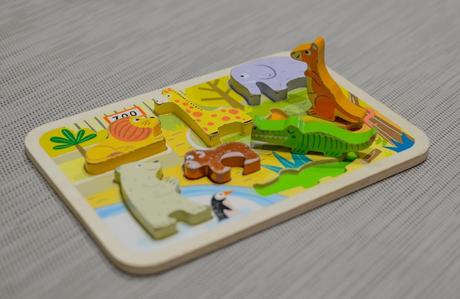
While your children may be learning a whole lot at school, there's only so much reasonable new knowledge that their teacher may give. The best lessons are the ones they learn by themselves, and these are less likely to be forgotten.
Educational toys teach children a wide variety of skills while also helping them discover and understand new things. Take, for instance, a color board that needs them to match various images with colors. Over time, the child will actually get the whole concept of why blue goes to the sky and green to the trees. The teachers may teach something similar at school, but this extra practice will make it hard for them to forget.
Educational toys may also help you discover your child's interests by watching what engages them best.
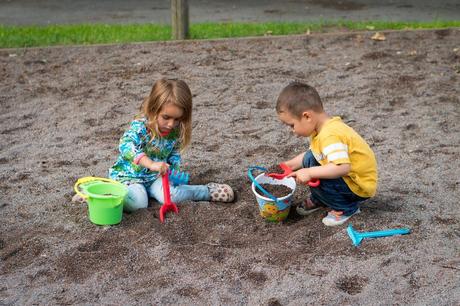
Social skills are best developed with shareable toys that need children to play with others. They encourage cooperation, coming to a mutual understanding and sharing skills that eventually make a significant definition of their personalities as adults.
A playpen or kitchen, for instance, are powerful toys in this regard. It is even more effective if it is large enough to accommodate two or more children and allow them to work at the same time. You will notice how they will try and come into an agreement on which parts of it to use and how to go about it. If they are trying to set up a little tea party, you will see how one will be concerned with the delicacies while the other is busy laying the table, sending invitations, or something else similar.
If you don't observe any cooperation, gently join the game and help them see that it is easier to work together rather than against each other. Discourage competition and help them come up with an excellent way of going about it together.
This helps them understand the importance of relating well with each other and working towards the same result. As they grow up, they will learn how to work with different personalities and work in a team to achieve what they all want.
EMOTIONAL DEVELOPMENT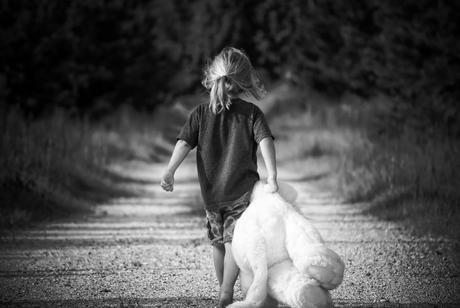
Between the ages of four to seven years, children usually deal with a lot of frustration. This is an age where they are discovering new emotions and trying to understand them. A lot of tantrums are thrown at this age because they are overwhelmed with new feelings that they do not know how to express.
Toys help them understand such emotions, and with your help, they can put a name on them and know how to express them. This way, they start realizing how anger differs from disappointment and how to express themselves.
Most children have a favorite toy. It could be the usually stuffed animal or a plastic doll. If it is taken away from them, they become angry and may burst into a fit of tears. You can approach them and ask them, "are you feeling angry?" Do the same for when they are happy, tired, frustrated, or anxious. This helps them put a name to it, and sure enough, you will catch them doing the same with their toy dolls.
A motor skill is the ability to coordinate thoughts and body parts to move as desired. They are critical developmental skills that should be well developed in childhood for a smooth transition into adulthood.
Motor skills are usually divided into two: fine motor skills and gross motor skills.
Fine motor skills involve the coordination of smaller body parts such as eyes, the face, fingers, and body muscles. Movements resulting from fine motor skills include smiling, closing the eyes, holding an item, and moving the toes. Toys play a critical role in the development of such skills. A water play table or bead maze, for instance, calls for the engagement of fingers and eyes.
Gross motor skills generally involve the use of larger body parts such as the legs, arms, and head. These usually include the movement of the whole body. A kid's electric toy car, for instance, will require the use of legs, head, and arms to operate.
Such toys help the children develop motor skills faster and help them more effectively.
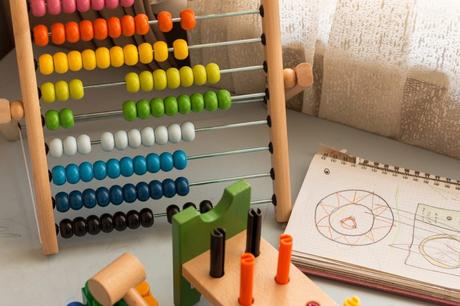
Some toys need the children to think hard to use them effectively. Others need a fair amount of problem-solving and reasoning using provided variables. They stimulate essential brain development and cognitive skills such as critical thinking, logic, and assertiveness. Such skills increase your child's intelligence and ability to find a way through seemingly hard problems.
A maze, for example, needs the child to reason and try multiple times to find the right way around it. This calls for patience, critical thinking, and a good memory. A toy car will prompt the kid to find the right way to drive it without hitting things. These skills help to build intelligence, an essential aspect of one's personality, especially in adulthood.
In conclusion, toys are indispensable for any parent who wants to give their kids a complete childhood. They not only spice up playtime but also help the kids develop essential skills such as sharing, working together, knowledge, motor skills, cognitive, reasoning, and critical thinking. As mentioned earlier, these skills play a significant role in the development of a child's personality as well as who they become as adults. It is, however, important to make sure that the toys you get are appropriate for your child's age and stage. If you are concerned with your child's development, be sure to talk to their pediatrician.
Comments
comments

